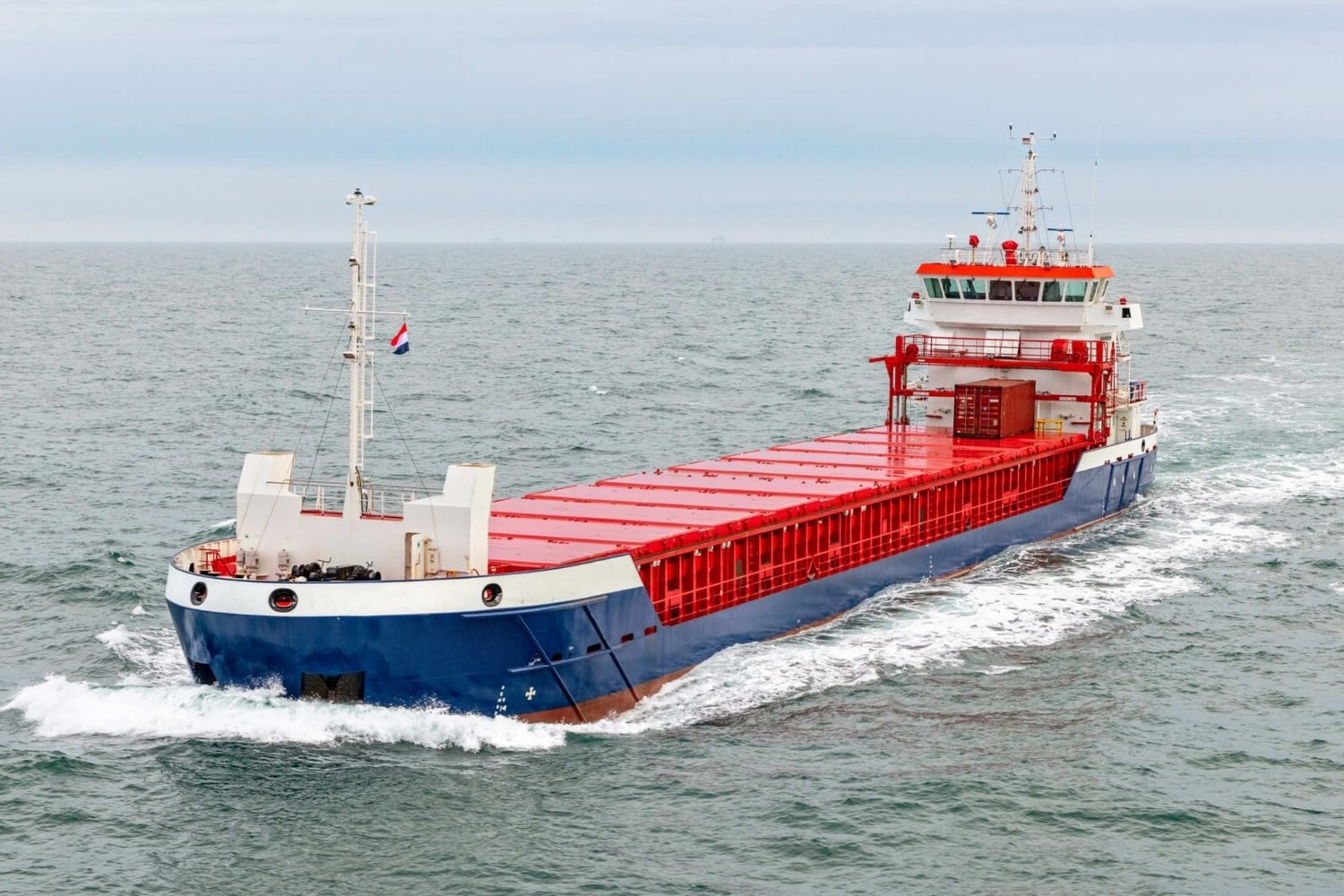
What are tankers? Tankers are large ships designed to transport liquids in bulk. These vessels are crucial for moving oil, chemicals, and other liquid cargo across the globe. Why are tankers important? They play a vital role in the global economy by ensuring the steady supply of essential liquids. How do tankers work? They use specialized compartments to keep different liquids separate and safe during transit. What makes tankers unique? Their massive size and complex engineering set them apart from other ships. Want to know more? Here are 30 fascinating facts about tankers that will give you a deeper understanding of these maritime giants.
What Are Tankers?
Tankers are massive ships designed to transport liquids in bulk. These vessels play a crucial role in global trade, moving everything from crude oil to chemicals. Let's dive into some fascinating facts about these maritime giants.
- The largest tankers, known as Ultra Large Crude Carriers (ULCCs), can carry up to 4 million barrels of oil.
- Tankers are classified based on their size, including Handymax, Aframax, Suezmax, and VLCC (Very Large Crude Carrier).
- The first oil tanker, the Zoroaster, was built in 1878 by Ludwig Nobel, brother of Alfred Nobel.
- Modern tankers are equipped with double hulls to prevent oil spills in case of a collision or grounding.
- Tankers can be over 1,500 feet long, which is longer than the Empire State Building is tall.
- The Exxon Valdez oil spill in 1989 led to stricter regulations and the development of double-hulled tankers.
- Tankers use ballast water to maintain stability when not fully loaded, which can sometimes introduce invasive species to new environments.
- The average speed of a tanker is around 15 knots, which is about 17 miles per hour.
- Tankers have specialized pumps and pipelines to load and unload their cargo efficiently.
- The International Maritime Organization (IMO) sets global standards for tanker safety and pollution prevention.
Types of Tankers
Tankers come in various types, each designed for specific cargo. Understanding these types helps us appreciate their versatility and importance in global trade.
- Crude oil tankers transport unrefined oil from extraction sites to refineries.
- Product tankers carry refined products like gasoline, diesel, and jet fuel.
- Chemical tankers are designed to carry a wide range of chemicals, often in separate tanks to avoid contamination.
- LNG (Liquefied Natural Gas) tankers transport natural gas that has been cooled to a liquid state.
- LPG (Liquefied Petroleum Gas) tankers carry gases like propane and butane in a liquid form.
- Bitumen tankers transport asphalt and other heavy oils used in road construction.
- Wine tankers, though less common, are used to transport large quantities of wine.
- Juice tankers carry fruit juices in bulk, often from tropical regions to processing plants.
- Molasses tankers transport the thick, syrupy byproduct of sugar refining.
- Water tankers supply fresh water to areas where it is scarce, such as islands or arid regions.
Environmental Impact
Tankers have a significant impact on the environment, both positive and negative. It's essential to understand these effects to mitigate the risks.
- Oil spills from tankers can cause devastating environmental damage, affecting marine life and coastal ecosystems.
- Double-hulled tankers have significantly reduced the risk of oil spills.
- Tankers contribute to air pollution through emissions from their engines.
- Ballast water discharge can introduce invasive species to new environments, disrupting local ecosystems.
- The IMO's MARPOL convention sets regulations to minimize pollution from tankers.
- Tankers are increasingly being designed to be more fuel-efficient, reducing their carbon footprint.
- Some tankers are equipped with scrubbers to reduce sulfur emissions from their exhaust.
- LNG tankers are considered more environmentally friendly due to the cleaner-burning nature of natural gas.
- The shipping industry is exploring alternative fuels, such as hydrogen and ammonia, to power tankers.
- Tanker operators are investing in technologies like wind-assist and air lubrication to further reduce environmental impact.
Tankers: Giants of the Sea
Tankers play a crucial role in global trade. These massive ships transport essential goods like oil, chemicals, and liquefied natural gas across the world's oceans. Their sheer size and capacity make them engineering marvels, capable of carrying millions of barrels of oil in a single voyage.
Safety and environmental concerns are paramount in the tanker industry. Modern tankers are equipped with advanced technology to prevent spills and minimize environmental impact. Double hulls, sophisticated navigation systems, and strict regulations ensure safer operations.
Economic impact is significant too. Tankers enable the efficient movement of resources, supporting industries and economies worldwide. They connect producers with consumers, facilitating international trade and economic growth.
Understanding tankers' importance helps appreciate their role in our daily lives. From fueling cars to heating homes, tankers make it all possible. Next time you see one, remember the vital job it performs.
Was this page helpful?
Our commitment to delivering trustworthy and engaging content is at the heart of what we do. Each fact on our site is contributed by real users like you, bringing a wealth of diverse insights and information. To ensure the highest standards of accuracy and reliability, our dedicated editors meticulously review each submission. This process guarantees that the facts we share are not only fascinating but also credible. Trust in our commitment to quality and authenticity as you explore and learn with us.
